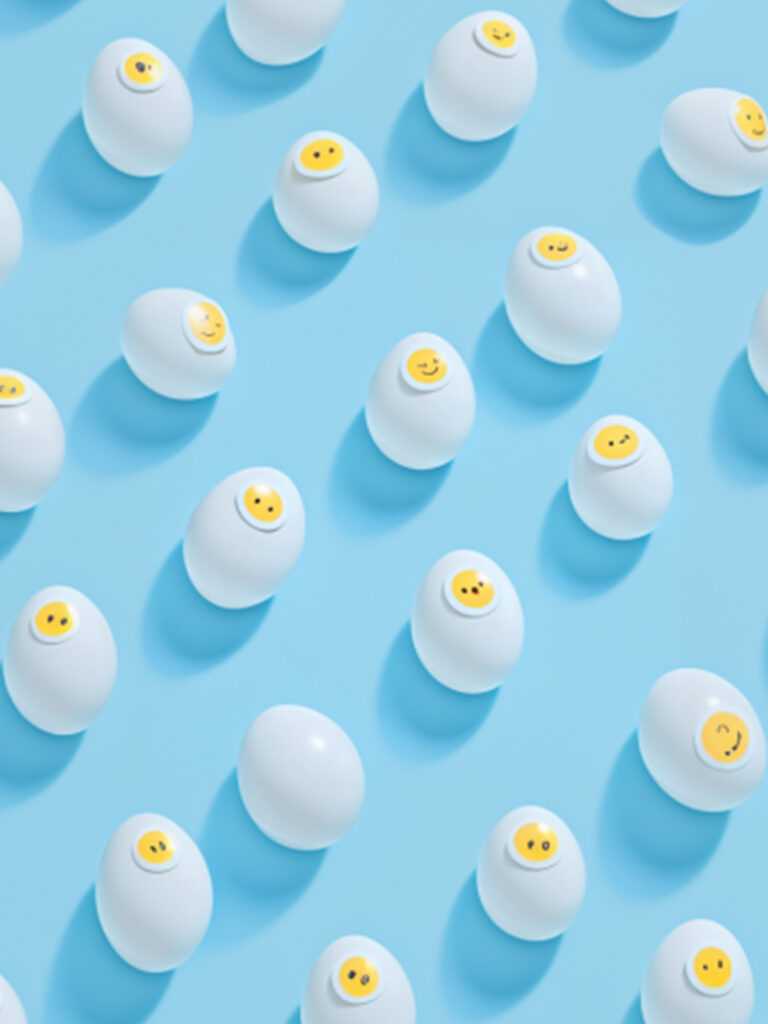
Photo: Wonderflaw
Stories
Do You Love Coffee? We Have Good News
Nutritionist Şükran Yıldız debunks common myths about coffee.
Text Şükran Yıldız
What’s the first thought that pops into your head when you open your eyes in the morning? Is it coffee? Well, you’re not alone. But have you ever wondered why your morning cup is so vital? Coffee doesn’t just wake you up; it’s also a superhero in keeping you full and revving up your metabolism. When you start the day feeling energized, managing your appetite becomes much easier. That’s why, as a nutritionist, I’m all for including coffee in the diet lists.
Our morning rendezvous with coffee is all about caffeine flexing its muscles to boost and elevate cognitive function. Caffeine blocks adenosine, a neurotransmitter that supports sleep and relaxation, increasing dopamine and norepinephrine levels. The result? A positive impact on mood and overall mental performance.
Adding plant-based milk to coffee enhances your intake of healthy fats and protein. This means staying full for a longer time. If you’re a die-hard black coffee fan, consuming 10-15 raw almonds or peanuts with your brew will do the trick of keeping you satiated.
Let me tackle the burning question: “Does caffeine cause cellulite?” If you stay hydrated, drinking plain filter coffee, Americano, espresso, or Turkish coffee won’t pave the way for cellulite. However, those creamy and sugary coffee delights might just be the culprits behind cellulite and mysterious weight gain. So, it’s not about whether you drink coffee or not but how you sip it.
And what about the supposed addiction to coffee? Let’s set the record straight: Contrary to popular belief, coffee is not addictive; it simply becomes a delightful habit over time. It’s perfectly normal to crave the things that bring you joy, and I’m not against it. Also, replacing coffee with sugary and fizzy drinks can impact our health negatively.
Regarding caffeine intake, there are a few rules to follow. Up to 400 milligrams of caffeine—that’s about four cups of coffee or two espresso shots—a day is safe for adults. If you’re pregnant or breastfeeding, limit caffeine to 200 milligrams. Now, cheers to your daily brew!





